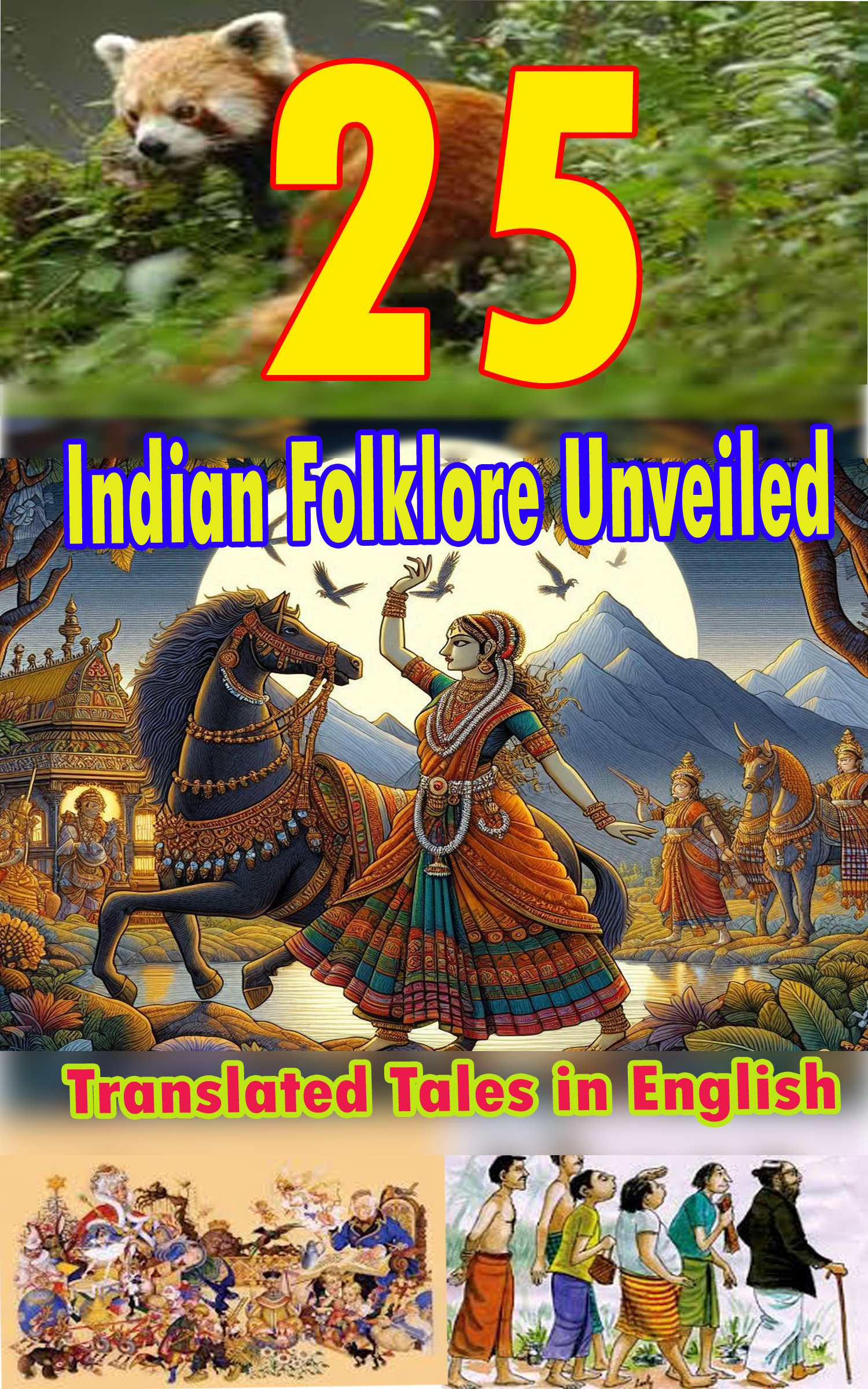
lokkathaye in indian Religion
Indian Folk Tales
The study of Indian folk tales reveals some of their unique characteristics. Humans have been seeking happiness since ancient times. Happiness exists in both worldly and otherworldly forms. In Indian tradition, otherworldly happiness is given more importance than worldly happiness, as per the saying, All's well that ends well. Our folk tales also often conclude with happiness. There's hardly a tale that ends sadly. This has been the main inclination of Indian folk tales since ancient times. Therefore, the characters of folk tales, after facing many daring and adventurous events, ultimately attain happiness. Just like Sanskrit dramas, their endings also occur with coincidences. These tales primarily carry the emotions of well-wishing. Therefore, folk tale narrators often speak some auspicious words at the end of stories, such as, Just as their (the main characters') days turned out, similarly the days of seven enemies (great adversaries) also turned out.
By instilling fear of various divine and natural calamities, many folk tales aim to lead listeners onto the path of righteousness and duty. At a time when all beings speak the same language, the whole creation comes down to earth. Somewhere, a human converses with an animal, and somewhere, an animal talks to a bird. Everyone seems to feel each other's joys and sorrows. Like folk songs, folk tales also do not accept any boundaries. These stories have crossed the borders of countries and continents. Another uniqueness of these tales is that they are in contact with all aspects of human life. Though many collections of folk tales exist, only a few are found. While we may discuss their preservation, due to their uniqueness, these tales have been passed down through generations based on oral and written traditions. These tales are primarily told in three styles: prose style, mixed prose-verse style (known as Champu style), and flowing style, where poetry replaces prose intermittently. This flow has a good impact on the listeners, although it doesn't carry the melodiousness of the second style's verses, such as:

